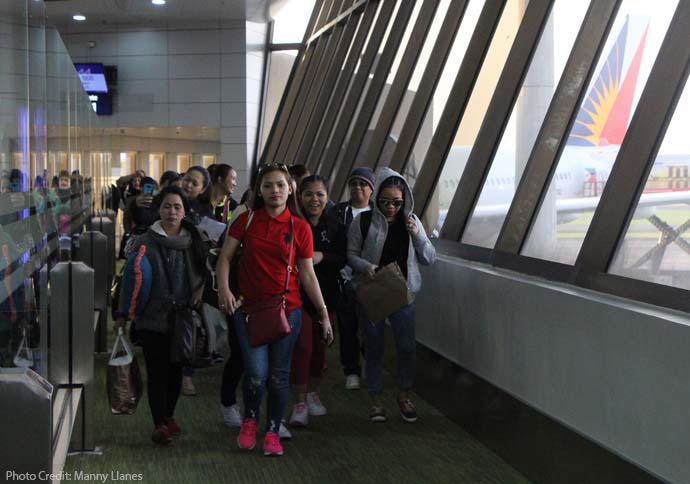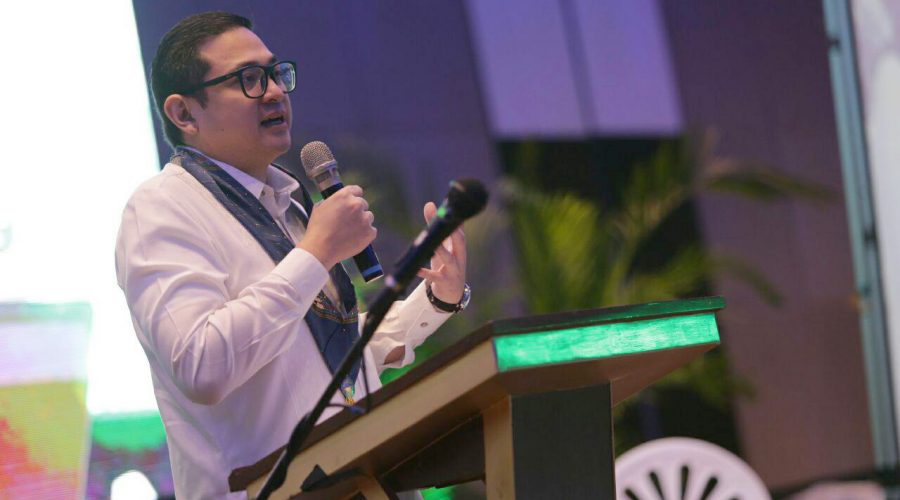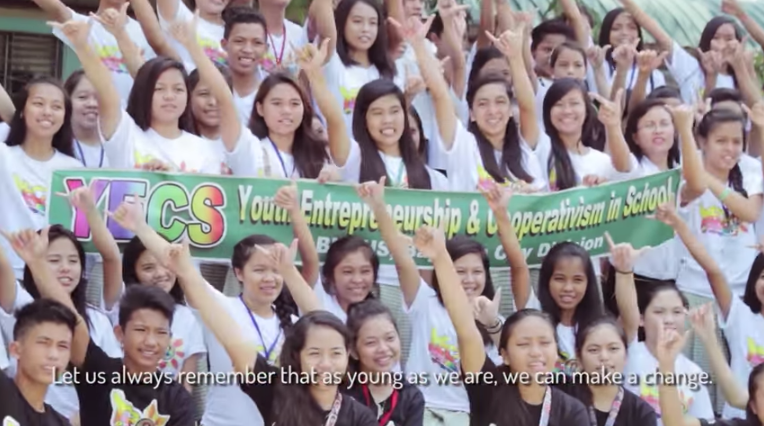Sen. Bam: Over 800 Negosyo Centers ready to help families find livelihood amid rising unemployment
With prices of goods and unemployment both on the rise, Senator Bam Aquino said the 800-plus Negosyo Centers in the country play an even bigger role in providing Filipino families livelihood.
“Sa harap ng mataas na presyo ng bilihin at mataas na bilang ng walang trabaho sa bansa, higit na kailangang kumilos ang ating Negosyo Centers para mabigyan ng tulong ang ating mga kababayan,” said Sen. Bam, principal sponsor and author of Republic Act No. 10644 or the Go Negosyo Act.
Sen. Bam commended the Department of Trade and Industry (DTI) for effectively implementing his law and ensuring the establishment of over 800 Negosyo Centers in the country.
Sen. Bam also invited the public to visit the closest Negosyo Center to meet and consult with accommodating business counselors from DTI, who can guide them in finding steady livelihood through small business ventures.
“Sa panahon ng mamahaling bilihin at mataas na unemployment, kailangan ng kabuhayan at dagdag kita ang ating mga kababayan. Baka mahanap nila ito sa pagnenegosyo,” said Sen. Bam, a long-time advocate of micro, small and medium enterprise (MSME) development.
A recent SWS survey showed that the number of unemployment Filipinos rose to 10.9 million, the highest since 2016.
The latest Pulse Asia survey also revealed that 86 percent of 1,200 respondents claimed they were strongly affected by the increase in prices of goods.
Sen. Bam’s first enacted law, the Go Negosyo Act mandates the establishment of Negosyo Centers in all municipalities, cities and provinces that will assist micro, small and medium enterprises in the country.
Negosyo Centers provide access to markets and financing for businesses, training programs, and a simplified business registration process, thus helping ease of doing business and fast-track government processes in putting up a business.
There are now more than 800 Negosyo Centers in different parts of the country, ready to cater to the needs of startups and MSMEs.



Recent Comments